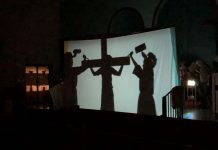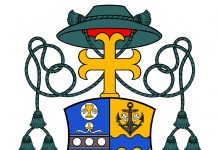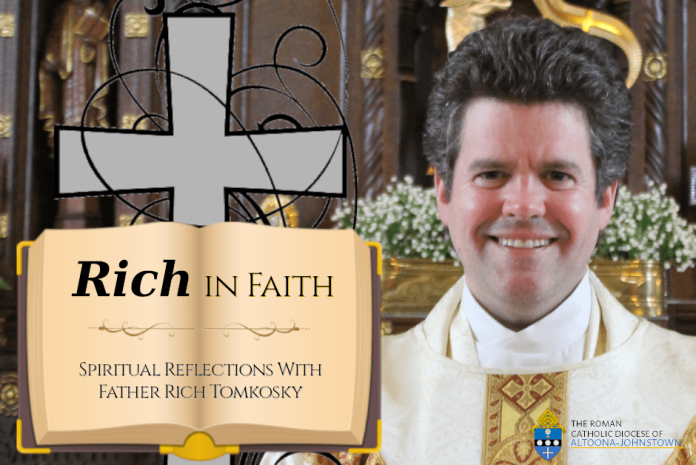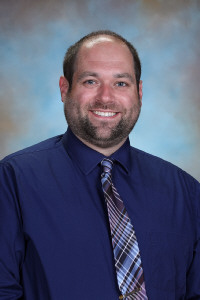By Father Rich Tomkosky
One of the great mysteries of earthly life is how we humans can be so tortured, conflicted, full of existential angst – even though on the surface of life, things seem to be wonderful. We see this when celebrities take their own life, even though they seem to have had it all: success, fame, loads of money, good looks, beautiful boyfriend/husbands-girlfriends/wives, influential friends, time to live a life of leisure and culture, etc. The famous people (pray in a special way for) often admit that at some point in interviews (see the Irish interviewer Gay Byrne’s books The Meaning of Life, 1 and 2, it shows how weak the Faith is in Ireland now) that they have no belief in the afterlife or in God as we understand Him in a Christian sense.
Only God knows what people are truly struggling with, and as with all people who commit suicide or destroy their life with bad coping mechanisms – drugs, alcohol, sins of the flesh, etc. I hope and pray as a Shepherd of souls as a priest that they make their peace with God and accept Jesus’s love and mercy soon or before they took their last breath on earth.
As the books Hungry Souls and Conversations with Poor Souls note, there are a good number of souls in the lower realms of Purgatory who are saved but have to be there a long while because of suicide and/or many bad choices in this life.
Why do we humans even think of taking our life, which is first great gift of God to us? It’s very complicated as many humans suffer from depression and other mental illnesses; and we all suffer from hidden and not so hidden wounds in body and soul. We so often think that whatever problems we are facing in life are insurmountable or without meaning or purpose. All this is because we all suffer from the effects of original sin, which we hear about in Genesis.
Sadly, the first humans, whenever and wherever they lived on earth, whom we call Adam and Eve, messed things up on earth big time when they listened to the devil and the temptation to put their own will over God’s. As a result, all humans are wounded spiritually when they come into this world. The Sacrament of Baptism wipes away the state of alienation from God that original sin is and brings the Trinity to dwell in our souls by sanctifying grace, but the effects of original sin are still with us — the tendency to be selfish, to doubt God’s love for us or even His existence, and the tendency to lose sight of the big picture and get consumed by our problems, worries, and anxieties and that we don’t rely on God and the Faith enough.
Saint Paul gives us the way out of this tunnel of darkness or pit of despair. He says we are not discouraged; rather, although our outer self is wasting away, our inner self is being renewed each day. For this momentary light affliction is producing in us an eternal weight of glory beyond all comparison.
Saint Paul is a fighter. He has the choleric temperament of determination and never giving up; even when discouraged, he keeps plugging away at “fighting the good fight” to grow in holiness and faith.
Those of us who may have a more melancholic temperament struggle more with the afflictions of life, but the grace is always there to persevere in the Lord, whatever our innate temperament is (see the book The Temperament God Gave You), for we know that if our earthly dwelling, a tent, should be destroyed, we have a building from God, a dwelling not made with hands, eternal in Heaven. The problems we deal with in this life, however big or small, are passing away, but God and our Catholic Faith never passes away. Pray by God’s grace that we always keep things in proper perspective.
In the Gospel, we see all these effects of original sin play out in relation to Jesus. He is dealing with the insanity of fallen human nature and all that goes with that, including crazy thinking. He is possessed by Beelzebub, and by the prince of demons, He casts out demons; including His family clamoring for him and harassing him: “He is out of His mind,” and people murmuring against God and His power. Jesus then reminds them and us that every sin and blasphemy will be forgiven by God except the sin or blasphemy against the Holy Spirit, i.e., the refusal to believe that God has the power to forgive our sins or thinking in our pride that we don’t need to be forgiven of any sins. You see this play out when people say they don’t need to go to Confession or “I’m a good person I don’t sin.” Really, the Book of Proverbs in the Bible says, the just person sins seven times a day.
What about the unjust? We all need to pray for a spirit of repentance and humility to see our sins, and to repent, and do acts of reparation and penance for them daily, and to never take for granted or refuse to go to the beautiful Sacrament of God’s Mercy, which is Confession. If we don’t open ourselves to the Holy Spirit, He can’t change us for the better, and then we are lost in our sins whether we are aware of it or not. Jesus goes on to say: whoever does the will of God is my brother and sister. Yes, doing God’s will is what gives ultimate meaning and purpose to our life. God bless you.
Father Rich Tomkosky is the Pastor of Saint Thomas the Apostle Parish in Bedford and the Pastor of Seven Dolors of the Blessed Virgin Mary Parish in Beans Cove.































